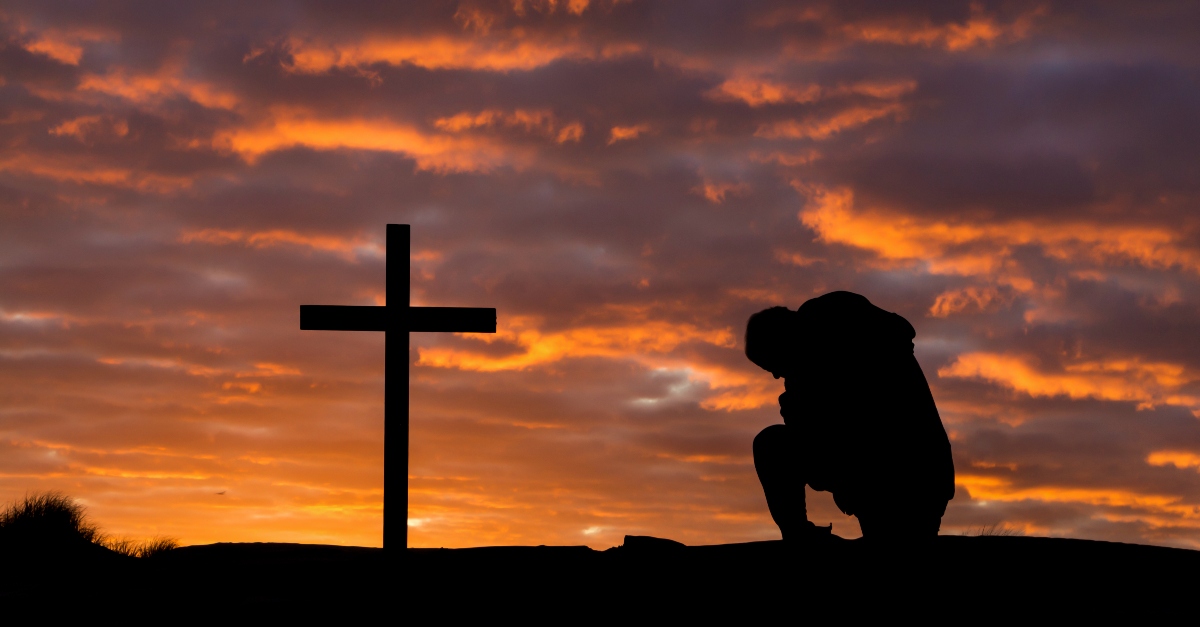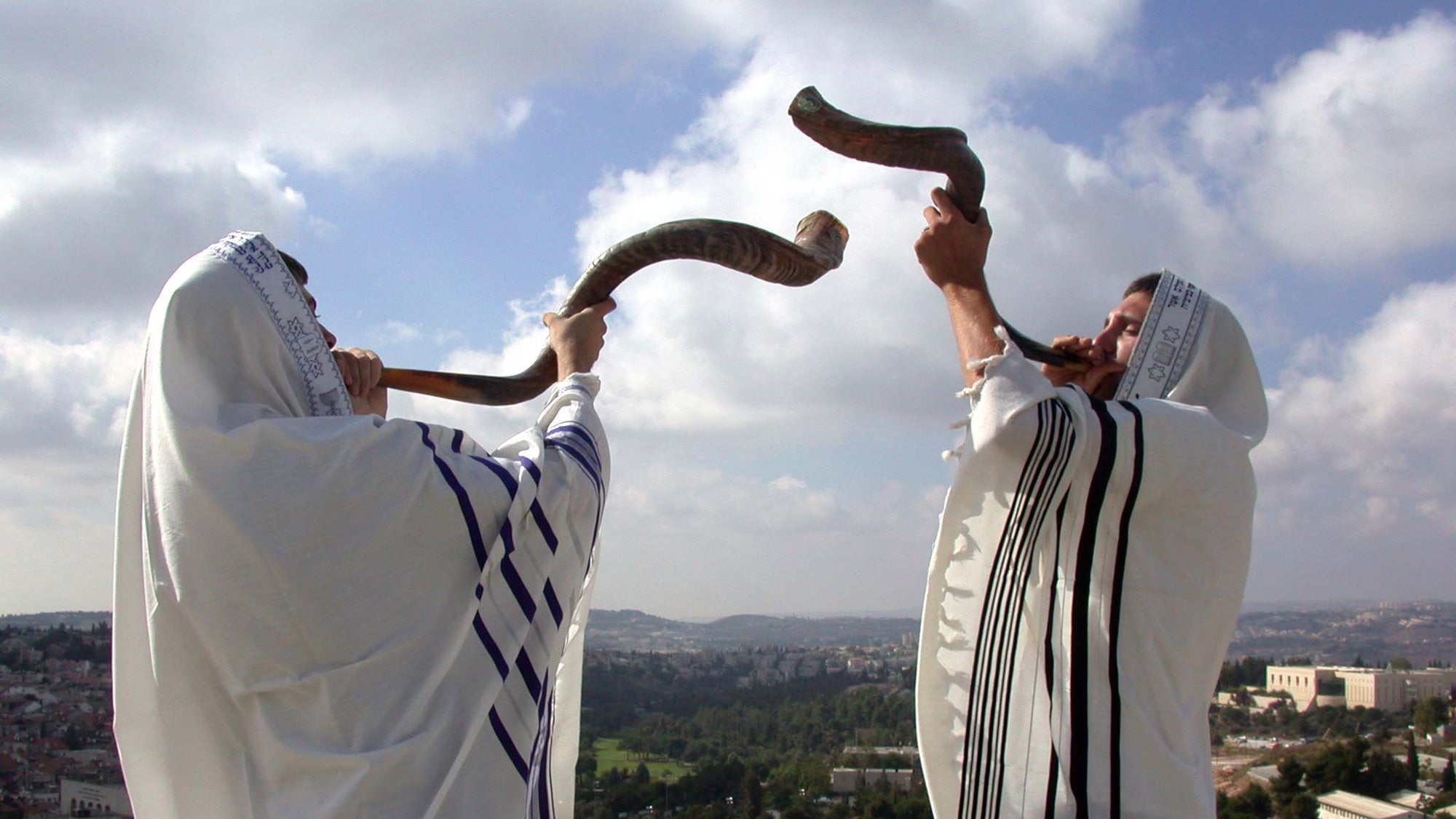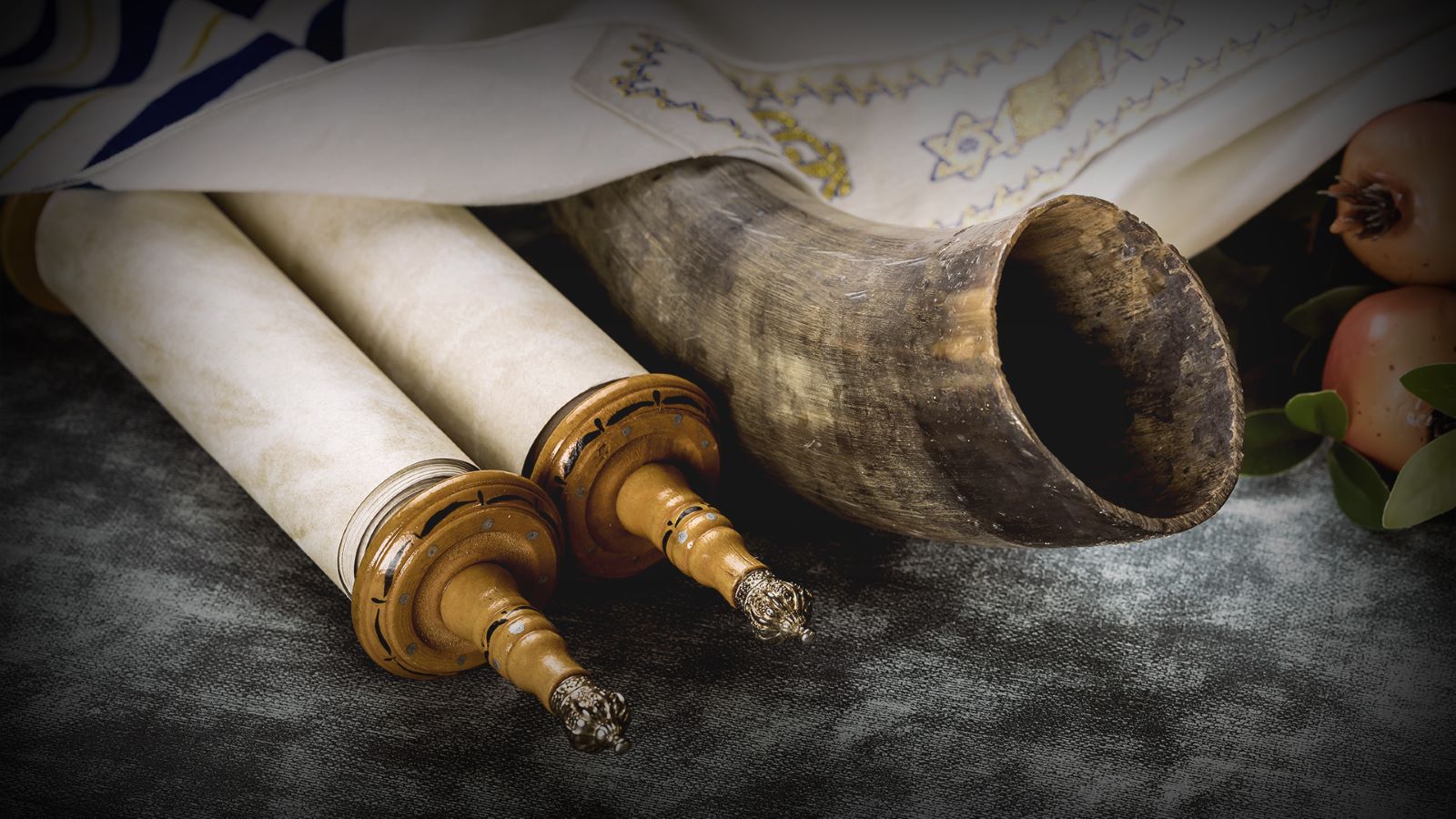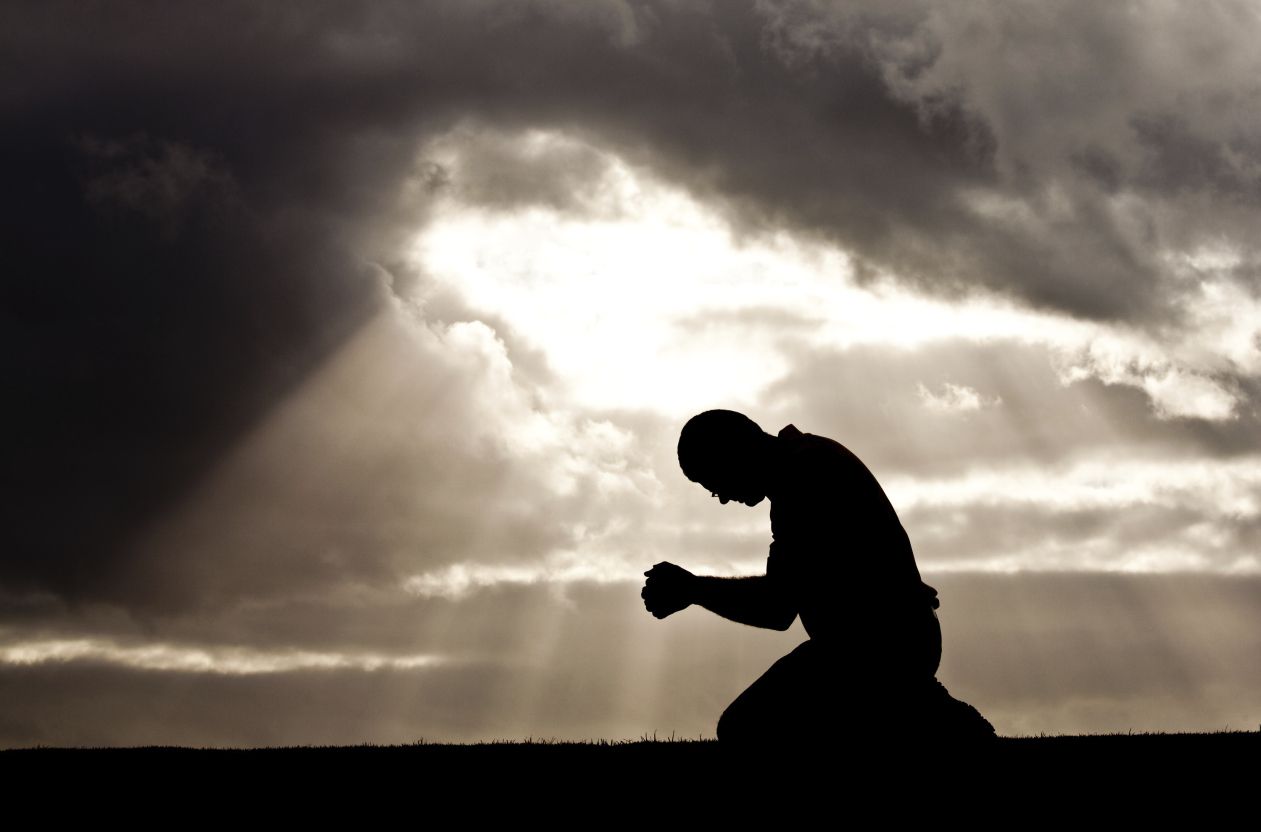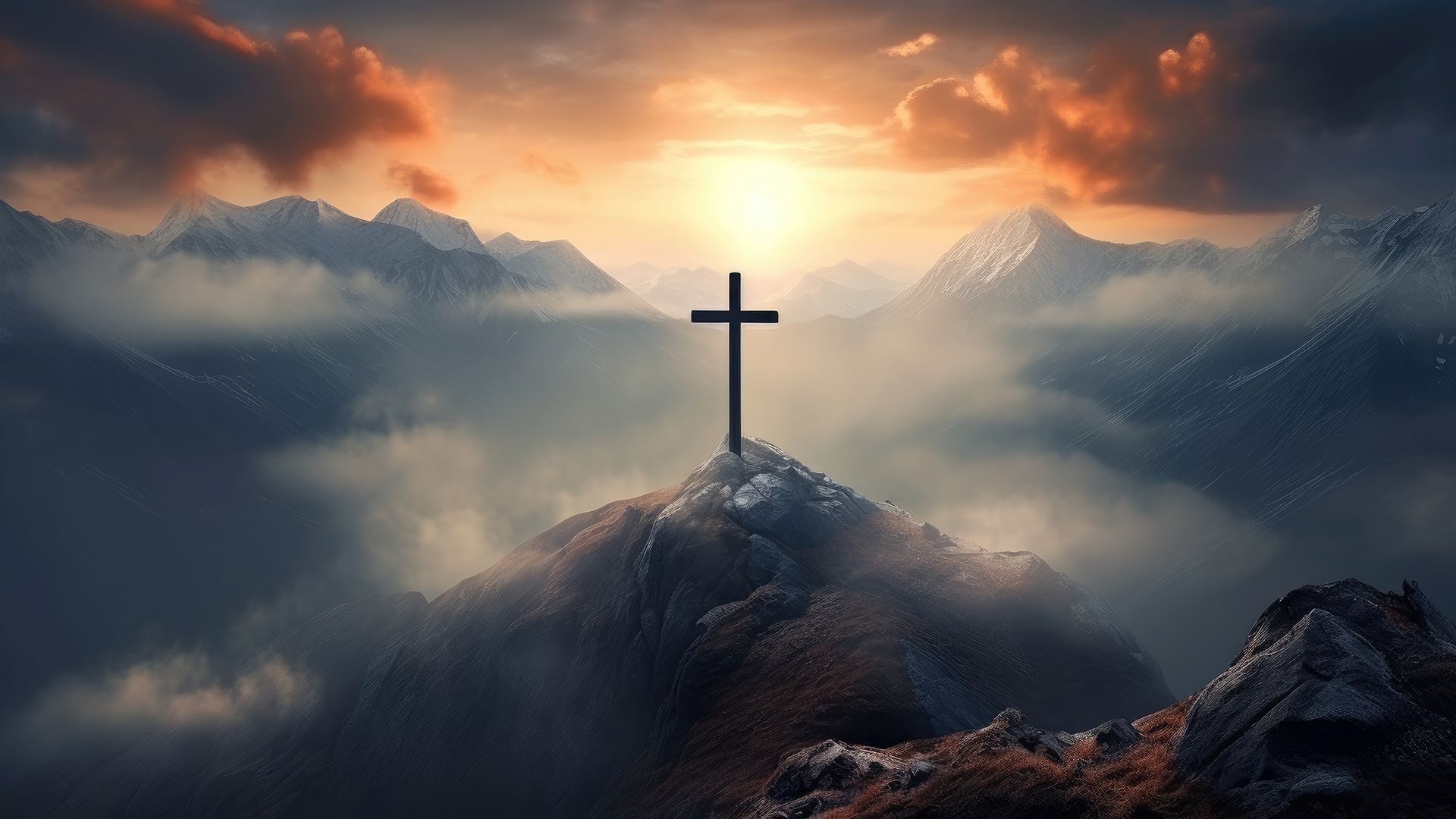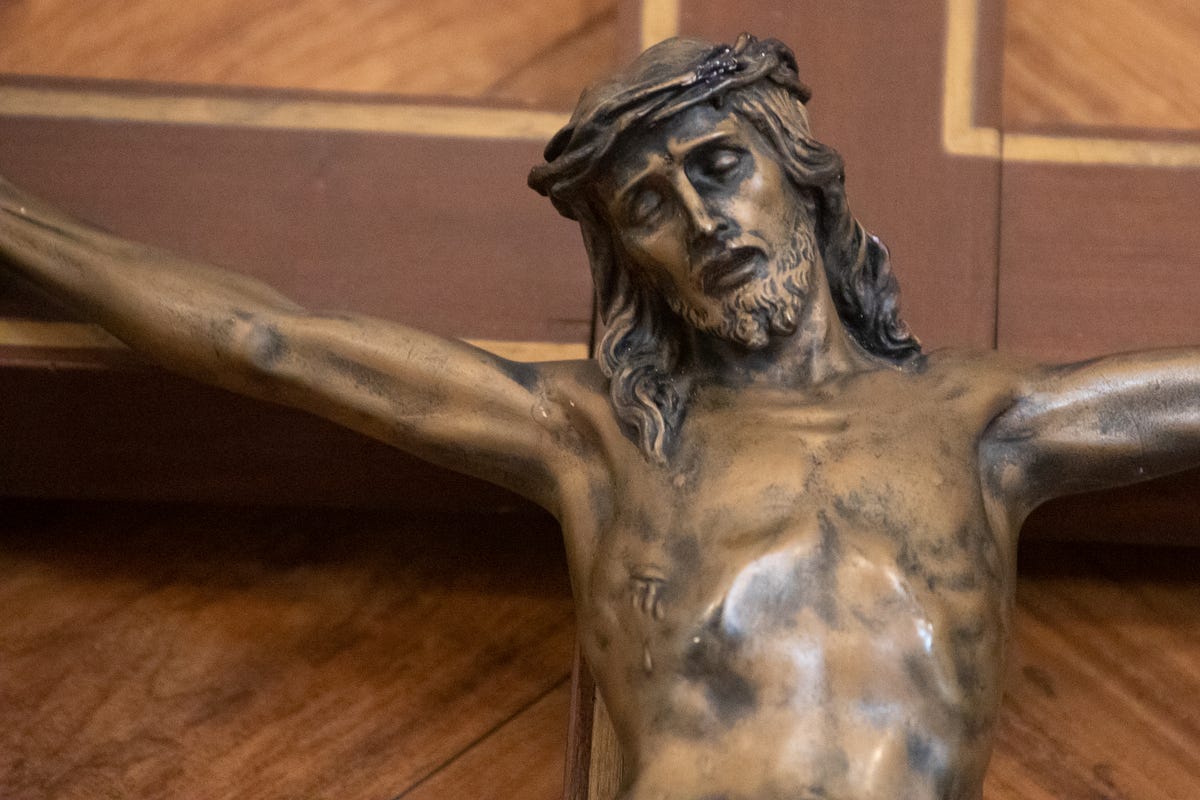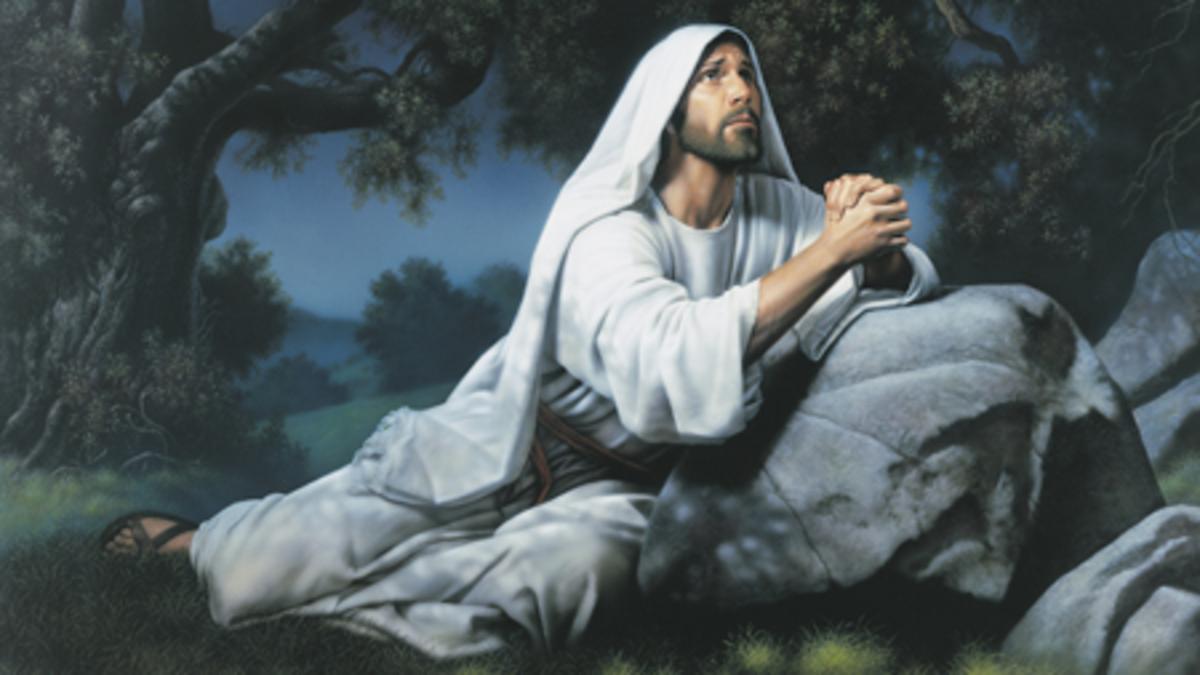Home>Theology and Spirituality>When Is The Jewish Day Of Atonement


Theology and Spirituality
When Is The Jewish Day Of Atonement
Published: February 9, 2024
Jason DeRose, Managing Editor at Christian.net, uses his expertise in religion and journalism to deepen understanding of faith's societal impacts. His editorial leadership, coupled with a strong academic background, enriches the platform’s diverse content, earning him recognition in both journalism and religious circles.
Learn about the significance and observance of the Jewish Day of Atonement in theology and spirituality. Understand the traditions and customs of this important religious holiday.
(Many of the links in this article redirect to a specific reviewed product. Your purchase of these products through affiliate links helps to generate commission for Christian.net, at no extra cost. Learn more)
Table of Contents
Introduction
Yom Kippur, also known as the Day of Atonement, holds profound significance in the Jewish faith. It is a day of solemn reflection, repentance, and forgiveness, observed with reverence and introspection. This sacred day is deeply rooted in tradition and spirituality, serving as a time for spiritual renewal and reconciliation with both the divine and fellow human beings.
Yom Kippur is considered the holiest day in the Jewish calendar, marking the culmination of the Ten Days of Repentance that begin with Rosh Hashanah, the Jewish New Year. It is a time when individuals seek forgiveness for their transgressions and strive to make amends for any wrongdoings committed throughout the year. The observance of Yom Kippur is characterized by fasting, prayer, and self-examination, as Jews around the world engage in a collective journey of atonement and spiritual purification.
This article delves into the historical origins, profound significance, and rich traditions associated with Yom Kippur, offering insight into the spiritual depth and cultural importance of this sacred day in the Jewish faith. Through exploring the history, observance, and customs of Yom Kippur, readers will gain a deeper understanding of the spiritual ethos that underpins this solemn and transformative occasion.
Read more: When Is The Day Of Atonement For 2024
History of Yom Kippur
Yom Kippur, the Day of Atonement, has a rich historical background that dates back to ancient times. The origins of this sacred day can be traced to the biblical period, specifically to the time of Moses and the Israelites' exodus from Egypt. The Book of Leviticus in the Hebrew Bible outlines the foundational principles and rituals associated with Yom Kippur, emphasizing its significance as a day of purification and atonement.
The biblical narrative describes Yom Kippur as a day when the High Priest would perform elaborate rituals in the Tabernacle or later in the Holy Temple in Jerusalem. These rituals were centered on seeking forgiveness for the sins of the entire community. The High Priest would enter the Holy of Holies, the innermost sanctum of the Temple, to make atonement for the people of Israel. This solemn and intricate process involved sacrifices, the sprinkling of blood, and the confession of sins.
Over time, the observance of Yom Kippur evolved, adapting to historical circumstances and the dispersion of Jewish communities across different regions. Despite the destruction of the Second Temple in 70 CE, the essence of Yom Kippur endured, and its observance transitioned from Temple rituals to communal prayer, fasting, and introspection.
The Talmud, a central text of Rabbinic Judaism, further elucidated the practices and customs associated with Yom Kippur, shaping its observance in subsequent centuries. The Talmudic period marked a significant shift in the understanding of Yom Kippur, emphasizing the individual's responsibility for repentance and the importance of sincere contrition.
Throughout the medieval and modern eras, Yom Kippur continued to be a focal point of Jewish religious life, maintaining its status as a day of spiritual reckoning and renewal. The resilience of Yom Kippur as a sacred institution underscores its enduring relevance and timeless significance within the Jewish tradition.
Today, Yom Kippur stands as a testament to the enduring legacy of Jewish faith and resilience, embodying the timeless values of repentance, forgiveness, and spiritual introspection. Its historical journey reflects the unwavering commitment of the Jewish people to uphold the sanctity of this sacred day, ensuring that its profound significance transcends time and resonates with each generation.
Significance of Yom Kippur
Yom Kippur holds profound significance within the Jewish faith, embodying essential values and principles that resonate deeply with the collective conscience of the Jewish people. At its core, Yom Kippur represents a spiritual journey of introspection, repentance, and reconciliation, serving as a transformative opportunity for individuals to seek atonement and renewal.
The essence of Yom Kippur is encapsulated in the concept of teshuvah, which translates to "repentance" or "return" in Hebrew. This concept underscores the belief in the capacity for personal and spiritual transformation, emphasizing the inherent human ability to seek forgiveness, rectify past wrongs, and embark on a path of moral and ethical renewal.
Central to the significance of Yom Kippur is the theme of forgiveness, both from the divine and from fellow human beings. It is a day when individuals engage in deep introspection, examining their actions and motivations, and seeking to mend fractured relationships and rectify moral transgressions. The act of seeking forgiveness is not only a personal endeavor but also a communal one, as the collective conscience of the community is woven into the fabric of Yom Kippur observance.
Moreover, Yom Kippur serves as a powerful reminder of the fragility and impermanence of human life. It prompts individuals to confront their mortality and contemplate the ultimate values and priorities that define their existence. This introspective process fosters a sense of humility, gratitude, and a renewed commitment to leading a purposeful and ethical life.
The significance of Yom Kippur extends beyond individual introspection to encompass broader societal and ethical considerations. It underscores the importance of social justice, ethical conduct, and compassion for others. The emphasis on atonement and reconciliation underscores the belief in the potential for personal and communal transformation, fostering a sense of hope and renewal within the Jewish community and beyond.
In essence, the significance of Yom Kippur lies in its capacity to inspire spiritual growth, moral introspection, and a renewed commitment to ethical living. It serves as a timeless testament to the enduring values of repentance, forgiveness, and the pursuit of a more just and compassionate world.
Observance and Traditions
The observance of Yom Kippur is characterized by a profound sense of solemnity and spiritual introspection, as Jews engage in a day-long period of fasting, prayer, and contemplation. The traditions associated with Yom Kippur are deeply rooted in the rich tapestry of Jewish heritage and serve as a testament to the enduring significance of this sacred day.
Fasting: Central to the observance of Yom Kippur is the practice of fasting, which spans approximately 25 hours, beginning at sundown and concluding after nightfall the following day. This abstention from food and drink is symbolic of a spiritual purification, allowing individuals to transcend physical needs and focus on the nourishment of the soul. The act of fasting serves as a powerful expression of devotion and self-discipline, underscoring the solemnity of the occasion.
Prayer and Synagogue Services: Yom Kippur is marked by an intensive schedule of prayer services, with the day's liturgy reflecting themes of repentance, forgiveness, and divine mercy. The haunting melodies and poignant prayers of Yom Kippur, such as the Kol Nidre and the Neilah service, create a deeply evocative atmosphere, evoking a profound sense of introspection and spiritual yearning. Synagogue attendance is central to the observance of Yom Kippur, as congregants gather to collectively seek forgiveness and engage in communal supplication.
Kittel and White Attire: It is customary for individuals to wear white garments, symbolizing purity and spiritual renewal. The traditional white robe, known as a kittel, is often worn by worshippers during Yom Kippur services, signifying a commitment to approaching the day with a sense of humility and moral purity.
Kaparot: In some Jewish communities, the ritual of kaparot is observed in the days leading up to Yom Kippur. This symbolic custom involves swinging a chicken or a bag of coins over one's head while reciting prayers, representing the transfer of one's sins to the chosen object. The chicken or coins are then donated to the less fortunate, embodying the themes of atonement and charitable giving.
Havdalah and Break-Fast: As Yom Kippur draws to a close, the observance concludes with the Havdalah ceremony, marking the end of the sacred day. Families and communities then gather for a joyous break-fast meal, symbolizing the renewal of strength and the restoration of physical nourishment following the day of fasting.
The observance and traditions of Yom Kippur encapsulate the profound spiritual depth and cultural resonance of this sacred day, serving as a testament to the enduring legacy of Jewish faith and tradition. Through the collective observance of fasting, prayer, and ritual customs, Yom Kippur continues to inspire individuals to seek atonement, renewal, and a deeper connection to their spiritual heritage.
Conclusion
In conclusion, Yom Kippur, the Day of Atonement, stands as a testament to the enduring spiritual legacy and cultural significance within the Jewish tradition. Its historical origins, profound significance, and rich traditions converge to form a tapestry of spiritual introspection, communal reconciliation, and ethical renewal. The historical journey of Yom Kippur, from its biblical roots to its contemporary observance, reflects the resilience and enduring relevance of this sacred day.
Yom Kippur's significance as the holiest day in the Jewish calendar underscores its pivotal role in fostering spiritual growth, moral introspection, and communal solidarity. The concept of teshuvah, or repentance, lies at the heart of Yom Kippur, emphasizing the belief in the transformative power of seeking forgiveness and rectifying past wrongs. This theme of repentance extends beyond individual introspection to encompass broader societal and ethical considerations, emphasizing the pursuit of social justice, ethical conduct, and compassion for others.
The observance of Yom Kippur, characterized by fasting, prayer, and ritual customs, creates a sacred space for individuals to engage in a collective journey of atonement and spiritual purification. The haunting melodies and poignant prayers of Yom Kippur, coupled with the solemn atmosphere of synagogue services, evoke a profound sense of introspection and spiritual yearning. The act of fasting serves as a powerful expression of devotion and self-discipline, underscoring the solemnity of the occasion.
Moreover, Yom Kippur serves as a powerful reminder of the impermanence of human life, prompting individuals to confront their mortality and contemplate the ultimate values and priorities that define their existence. This introspective process fosters a sense of humility, gratitude, and a renewed commitment to leading a purposeful and ethical life.
In essence, Yom Kippur embodies the timeless values of repentance, forgiveness, and the pursuit of a more just and compassionate world. Its observance and traditions serve as a testament to the enduring spiritual depth and cultural resonance of this sacred day, inspiring individuals to seek atonement, renewal, and a deeper connection to their spiritual heritage. As Yom Kippur continues to be observed and revered by Jewish communities worldwide, its enduring legacy remains a source of spiritual nourishment and ethical guidance for generations to come.
